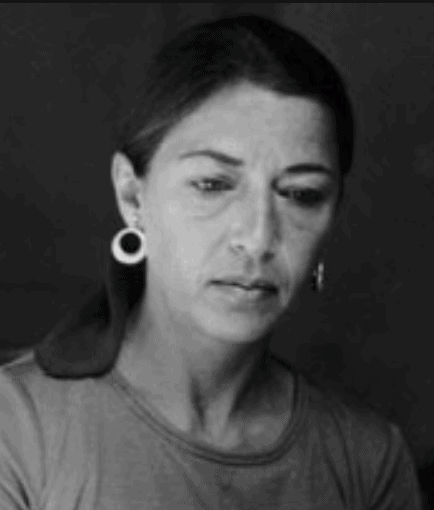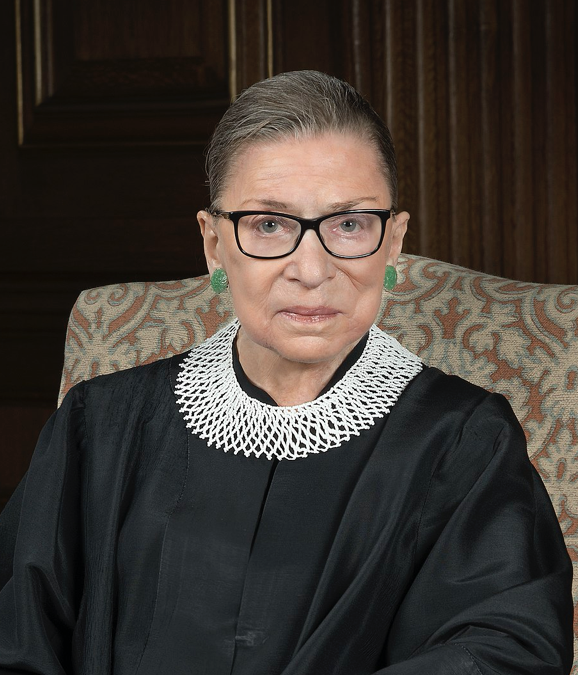Justice Ruth Bader Ginsburg was the First Woman to lie in state in the U.S. Capitol. Only thirty-five men have been granted this honor, most of them presidents, senators, or military men. It is a fitting tribute to a woman who changed the lives of so many others.
She became an icon to women and girls for her work fighting for women’s rights. The results of that work are evident in the life of every American woman, but they especially ring true for those of us who had so few rights when she began her crusade. Her death feels to me like losing a sister, an older sister who would stand up for you when others bullied you.
In the 1960’s I attended a superb liberal arts college and received a top-notch education. I always wondered though why I couldn’t attend Harvard like the boy in my class who was my primary competition for first place in academics. Women would not be admitted to Harvard until a decade after I had graduated from college.
At that time there were three career options for most women with a college degree: nurse, school teacher, or secretary. I did not have the stomach for nursing, as my sister did, and I did not wish to teach children, so I became a secretary. I secured the position by assuring my boss that I was indeed using birth control, a right that had only become available to most women during my college years. I followed the birth control regimen rigorously, knowing I could be fired if I became pregnant.
My first four bosses were good guys but three engaged in behavior that would now be considered sexual harassment. A woman had no recourse and would not for another decade, so I gently removed myself from the situation and did not share my experience with others.
The one boss who treated me with respect also provided me with career advancement opportunities, so not all men should be tarred with the same brush. There was, however, no glass ceiling to be broken. It was low, opaque, and solidly constructed.
I had married right out of college as almost all of my friends had. It was what was expected of us. Although I resented giving up the name I considered my own, there seemed no choice and I only questioned that change in my mind. There was no point in verbalizing what one could not change.
When my husband and I began our married life, he was a fulltime graduate student. This qualified him for a credit card, even though he was unemployed. We grabbed the opportunity and paid the bills from my earnings. There was no offer made to me. In fact, I could not legally qualify for a credit card in my own name. It would be another seven years before that would be possible and many more before it was easy and finally common.
Later my husband worked part-time jobs and we shared expenses. My husband was a liberal and liberated man, so we shared most decisions, but that was by his grace. Legally I had no right to his earnings, even though he could legally control mine. I had no reason to refuse him sex, but legally I didn’t even have that choice. I also could not sue for divorce, unless he broke his vows—and I had proof.
After having a child, I asked a male doctor (I could not locate a woman gynecologist) for a tubal ligation. At that time many states prohibited women from having this procedure without their husband’s consent. My doctor, however, felt it was no one’s business but the woman’s. After the procedure, he told me, “Should anything happen,” and he emphasized the word anything, “Come to see me right away.” I knew that anything meant should I get pregnant. This was a bold statement as Roe v. Wade was only recently won and some states still resisted.

Then a transition happened. Women marched in the streets, demanded rights they had not held before, and even burned their bras. This caught the attention of legislators, but it was the courts that made much of the transition possible. Ruth Bader Ginsburg was at the forefront of facilitating that revolution. As Director of the ACLU Women’s Rights Project from its founding in 1972, she chipped away at the restrictions in women’s lives. She argued before the Supreme Court, but often she advocated for men’s rights. She argued that a man should receive the spouse’s allowance when his wife serves in the military. She contended that a widower’s children should be eligible for social security benefits just as widows’ children are. She also made the case that a widower is still entitled to social security benefits, even if his wife earns more than 50% of the income, just as widows are. By arguing that men were being discriminated against, she convinced the Justices that discrimination on the basis of sex is illegal. She used the back door to obtain the right for women to enter by the front door.
By 1980 she was on the federal bench. In 1993 she was appointed to the Supreme Court where her work to preserve women’s rights is well-known.
During that time period I would take back the name I had been given at birth, obtain a no-fault divorce, climb the administrative ladder, mentor other women, and eventually start a blog to celebrate those women who broke glass ceilings, for now we could indeed see those ceilings.
Today my granddaughters are all independent professional women with an endless array of possibilities. They can choose names for themselves and their children. They control their finances, their incomes and their bodies. And they are free to marry when and whom they wish—or not to marry at all.
I hope they, and all young women today, will acknowledge the victories Ruth Bader Ginsburg facilitated. I hope they will understand that her legacy can best be honored by continuing the work she began. She mentored us all in how to be steadfast and honorable. We must also be vigilant if we are to protect the rights she helped us to achieve.
I wrote about another member of the Supreme Court – Sandra Day O’Conner. Click here to read the article.


Thank you for this personal testimony to the power of the work of Ruth Bader Ginsberg. Those of us who lived through the changes she helped bring about need to keep this history alive. We need to keep the fight going for ourselves, our daughters, granddaughters, and beyond. And we need to continue to honor Ruth’s bravery and brilliance.